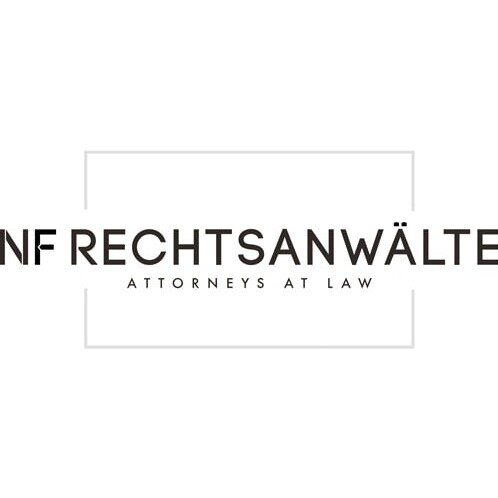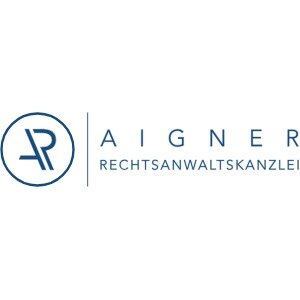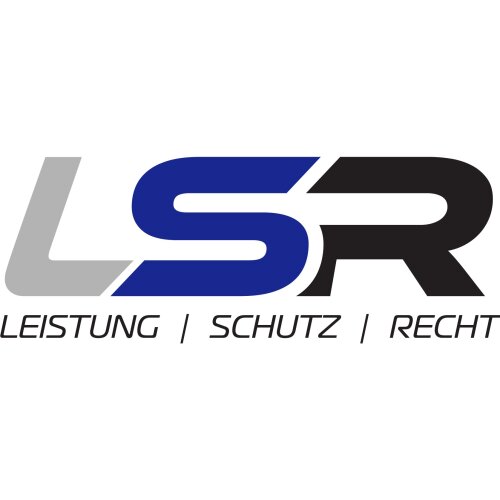Best ESG Advisory & Compliance Lawyers in Austria
Share your needs with us, get contacted by law firms.
Free. Takes 2 min.
Or refine your search by selecting a city:
List of the best lawyers in Austria
About ESG Advisory & Compliance Law in Austria
Environmental, Social, and Governance (ESG) Advisory & Compliance refers to the legal and regulatory framework that guides how businesses in Austria approach sustainability, ethical conduct, and transparent governance. Over the past decade, ESG considerations have become increasingly relevant, not only due to evolving consumer and investor expectations but also as a result of new laws at both the national and European Union levels. Austrian companies are expected to evaluate their impact on the environment, contribute positively to society, and operate with good corporate governance. The legal landscape in Austria is dynamic, with ESG-related rules and requirements continuously developing to align with EU Directives and international standards.
Why You May Need a Lawyer
You might require a lawyer specializing in ESG Advisory & Compliance if your business or organization is facing any of the following situations:
- You need to ensure that your operations meet ESG reporting and disclosure requirements under Austrian or EU law.
- You are preparing for an ESG audit, due diligence process, or investor scrutiny and want to ensure compliance.
- Your company is developing a sustainability strategy or revising internal policies for environmental protection, social responsibility, or corporate governance.
- You are considering mergers, acquisitions, or restructuring and need to assess ESG risks or opportunities.
- You need assistance navigating new legislation, understanding reporting frameworks, or responding to regulatory inquiries.
- You are dealing with complaints, disputes, or litigation related to ESG matters such as discrimination, environmental harm, or shareholder activism.
Local Laws Overview
Austria’s ESG legal framework is shaped by both national laws and EU legislation. Key aspects include:
- EU Corporate Sustainability Reporting Directive (CSRD): Companies meeting certain thresholds are required to disclose detailed information on their ESG policies and performance.
- Austrian Sustainability and Diversity Improvement Act: Mandates non-financial reporting for large public-interest entities, focusing on environmental, employee, societal, and anti-corruption matters.
- Supply Chain Due Diligence: Increasingly, Austrian companies are expected to identify, prevent, mitigate, and account for potential human rights and environmental impacts in their supply chains.
- Environmental Laws: Strict regulations on waste management, CO2 emissions, energy usage, and environmental licensing apply to many industries.
- Social and Labor Laws: Include requirements on workplace safety, non-discrimination, gender parity reporting, and data protection.
- Governance Rules: Focus on transparency, anti-corruption, anti-money laundering measures, and responsible management structures.
Non-compliance may result in significant legal and reputational consequences, including fines, sanctions, and loss of business opportunities.
Frequently Asked Questions
What is ESG compliance and why is it important in Austria?
ESG compliance means adhering to standards and laws regarding environmental protection, social responsibility, and corporate governance. It is important because of growing regulatory requirements and its influence on investor decisions, reputation, and business sustainability.
Which Austrian companies are subject to ESG reporting?
Large public-interest entities, banks, insurance companies, and companies that meet specified employee, turnover, or balance sheet criteria are typically required to report non-financial information under Austrian and EU law.
What are the main risks of non-compliance with ESG laws?
Risks include regulatory fines, litigation, investor withdrawal, damage to reputation, and in severe cases, restrictions on business activity.
How does the EU influence ESG regulations in Austria?
Austria integrates EU directives and regulations such as the CSRD and the Sustainable Finance Disclosure Regulation into its national laws, setting harmonized standards across member states.
What is required for supply chain due diligence in Austria?
Companies must assess and address environmental and human rights impacts in their supply chains, ensuring they have processes to prevent and mitigate risks.
Can small and medium-sized enterprises (SMEs) be affected by ESG rules?
Yes, SMEs may be indirectly affected, especially as larger companies expect their suppliers to follow ESG standards. Some reporting and compliance requirements may also apply based on size and sector.
Do investors in Austria care about ESG compliance?
More investors are prioritizing ESG factors in decision making, often requiring companies to demonstrate compliance before investing or partnering.
How can a lawyer help with ESG compliance?
A lawyer can provide legal risk assessments, draft and review policies, assist with reporting, conduct due diligence, advise on regulatory updates, and represent your interests in case of disputes.
What are the penalties for breaching ESG regulations?
Penalties range from formal warnings and fines to criminal liability in cases of serious misconduct, depending on the nature and extent of the breach.
Are there upcoming changes to ESG regulations in Austria?
Yes, the legal landscape is evolving rapidly. The implementation of new EU directives and national laws continues to extend and deepen ESG requirements for Austrian businesses.
Additional Resources
Organizations and bodies that can provide support and information on ESG Advisory & Compliance in Austria include:
- Austrian Federal Ministry for Climate Action, Environment, Energy, Mobility, Innovation and Technology (BMK)
- Austrian Chamber of Commerce (Wirtschaftskammer Österreich)
- Österreichische Kontrollbank AG (OeKB) for sustainable finance guidance
- Austrian Financial Market Authority (FMA) for disclosure rules and financial regulations
- Sustainability Reporting organizations such as the Global Reporting Initiative (GRI)
- Austrian Bar Association (Österreichische Rechtsanwaltskammertag)
Additionally, non-profit organizations and international ESG networks offer guidance on best practices.
Next Steps
If you believe your business or organization requires legal advice regarding ESG Advisory & Compliance in Austria, consider the following steps:
- Assess your current level of ESG compliance and identify any gaps or risks.
- Consult with a qualified lawyer or legal team with expertise in ESG regulations.
- Prepare documentation and information related to your ESG policies, internal procedures, and risk assessments.
- Stay updated on legal developments and upcoming legislative changes that may impact your obligations.
- Implement or update training and internal controls to reinforce ESG compliance across your operations.
- Establish clear lines of communication for internal and external stakeholders regarding your ESG commitments.
Taking proactive steps with the assistance of legal experts will help ensure that your organization not only meets regulatory standards but is also well-positioned for sustainable growth and investment opportunities in Austria’s evolving ESG landscape.
Lawzana helps you find the best lawyers and law firms in Austria through a curated and pre-screened list of qualified legal professionals. Our platform offers rankings and detailed profiles of attorneys and law firms, allowing you to compare based on practice areas, including ESG Advisory & Compliance, experience, and client feedback.
Each profile includes a description of the firm's areas of practice, client reviews, team members and partners, year of establishment, spoken languages, office locations, contact information, social media presence, and any published articles or resources. Most firms on our platform speak English and are experienced in both local and international legal matters.
Get a quote from top-rated law firms in Austria — quickly, securely, and without unnecessary hassle.
Disclaimer:
The information provided on this page is for general informational purposes only and does not constitute legal advice. While we strive to ensure the accuracy and relevance of the content, legal information may change over time, and interpretations of the law can vary. You should always consult with a qualified legal professional for advice specific to your situation.
We disclaim all liability for actions taken or not taken based on the content of this page. If you believe any information is incorrect or outdated, please contact us, and we will review and update it where appropriate.
Browse esg advisory & compliance law firms by city in Austria
Refine your search by selecting a city.

















